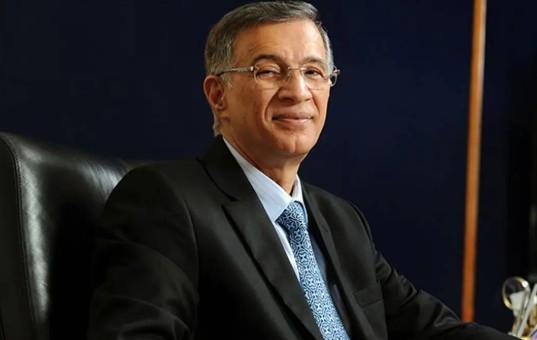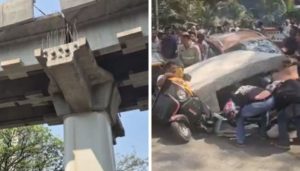Mumbai: Special Court Closes Criminal Case Against Niranjan Hiranandani in Rs 30,000-Crore Powai Land Case

Mumbai, 5th June 2025: A special court on Monday closed criminal proceedings against Hiranandani Group MD Niranjan Hiranandani and others in the alleged ₹30,000-crore Powai Area Development Scheme (PADS) land scam, citing lack of evidence and reiterating that continuing prosecution would not serve the cause of justice.
Special Judge Shashikant Eknathrao Bangar accepted the Anti-Corruption Bureau’s (ACB) closure report and observed that no prima facie case was established against the accused. The report found no evidence of corruption, unlawful gratification, or criminal conspiracy. “It would be futile to unnecessarily prosecute the accused…sans any material against them,” the court said in its 119-page order, released Tuesday.
The case stemmed from allegations that prime public land leased at concessional rates for affordable housing was misused by developers, including Hiranandani, to build luxury apartments and commercial properties instead. The land in question, around 232 acres, was allotted under a 1986 agreement between the Maharashtra government, the Mumbai Metropolitan Region Development Authority (MMRDA), and the developer.
In 2012, activist Santosh Daundkar moved court, prompting an FIR against Hiranandani and others, including then senior urban development official Thomas Benjamin, under the Prevention of Corruption Act and the Indian Penal Code. The ACB, however, sought closure of the case in 2013 due to lack of evidence. The court initially rejected this, ordering further investigation, which led to a second closure report in 2019.
The special judge highlighted that issues raised in the case, breach of affordable housing norms, sale of larger flats, and misuse of Floor Space Index (FSI), were extensively examined in related Public Interest Litigations (PILs) before the Bombay High Court. A three-member committee was appointed by the HC to monitor compliance, and its reports in 2016 and 2017 confirmed construction of 1,337 out of 2,200 required 80-sqm flats, with the remaining units to be completed under court supervision.
The court emphasized that any further violation was already subject to HC oversight, rendering a separate criminal trial unnecessary. “The directions for completion…were passed with monitoring provisions…the ACB rightly concluded that no prosecutable offence remained,” the order stated.
Daundkar opposed the closure, alleging administrative interference and suppression of evidence, and sought a reinvestigation by an independent agency. However, the court noted that his arguments repeated earlier claims already addressed in civil PILs and did not present new evidence. Moreover, the ACB pointed out that Daundkar had no direct stake in the project as a buyer or resident and that no other complaints had been received from PADS occupants.
“The closure reports are based on a fair, cogent investigation and verified judicial compliance,” the court concluded, dismissing Daundkar’s objections and formally bringing the criminal proceedings to a close.





